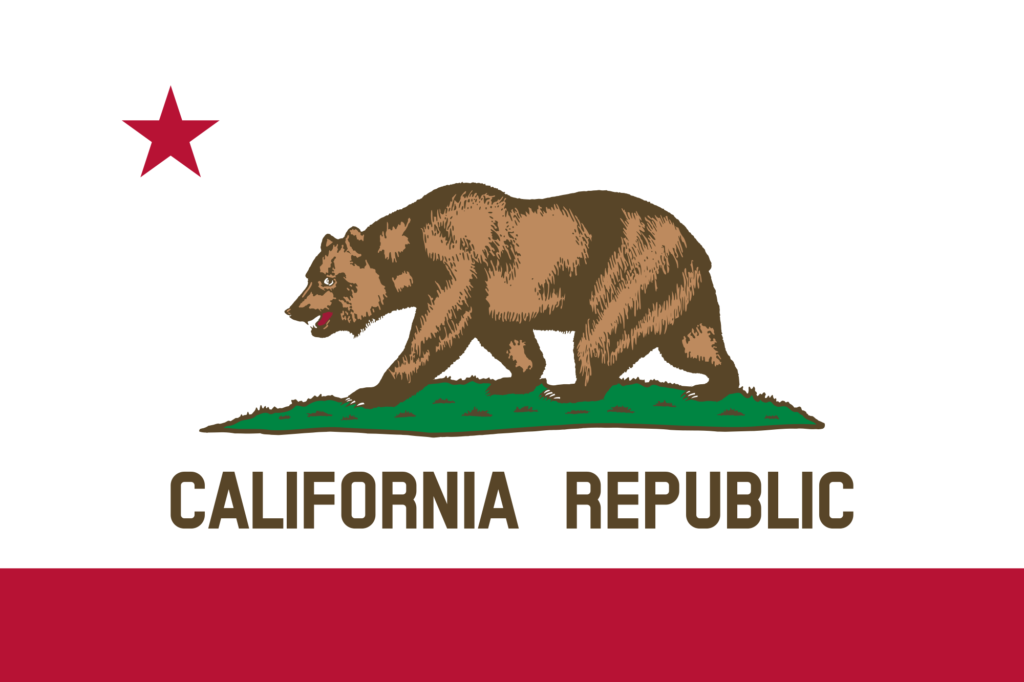
Some casual home cooks offering family meals on Facebook and a startup that aims to provide a new income source for budding food entrepreneurs have faced some difficulty from the state of California. Selling homemade or cottage foods are still somewhat of a gray area in most U.S. states a they either do not have laws written for permitting these types of businesses or they have a very limited scope on what foods are allowed.
California is trying to clear the air with a new bill aimed at the “homemade food operation” category which would be added to the California Health and Safety code. An example of the confusion comes from rules that allow specifically fruit tamales but not other types of tamales. Lawmakers make the argument that this bill empowers underrepresented groups of individuals who have not been able to tap into the typical routes of food entrepreneurship. Opening a traditional restaurant takes a huge amount of starting capital as well as the time and energy to set the business up. Additionally, many food establishments end up closing within two to three years and homemade food selling would enable sometimes less fortunate demographics to create an income source.
We’ve done a story on Josephine, the startup founded by Charley Wang who says they are on a mission to provide a path towards self sustainability through home-cooked food. Wang states that “the emphasis on consumers over producers in the industrialized food world has made it very difficult for skilled cooks to support themselves and their families in a sustainable or ethical way,”. Hopefully, with the support of legislators, city officials, business people, and entrepreneurs, home food cooks in California and beyond can turn their passion and skills into a means to livelihood.
The bill was sponsored by several startups who provide a similar service as Josephine but the California Conference of Directors of Environmental Health maintains that not only does this law impact food safety and public health, it also needs to take into consideration zoning laws and business restrictions.
For more information on California’s food law, please visit our California Food Handlers Requirements page.